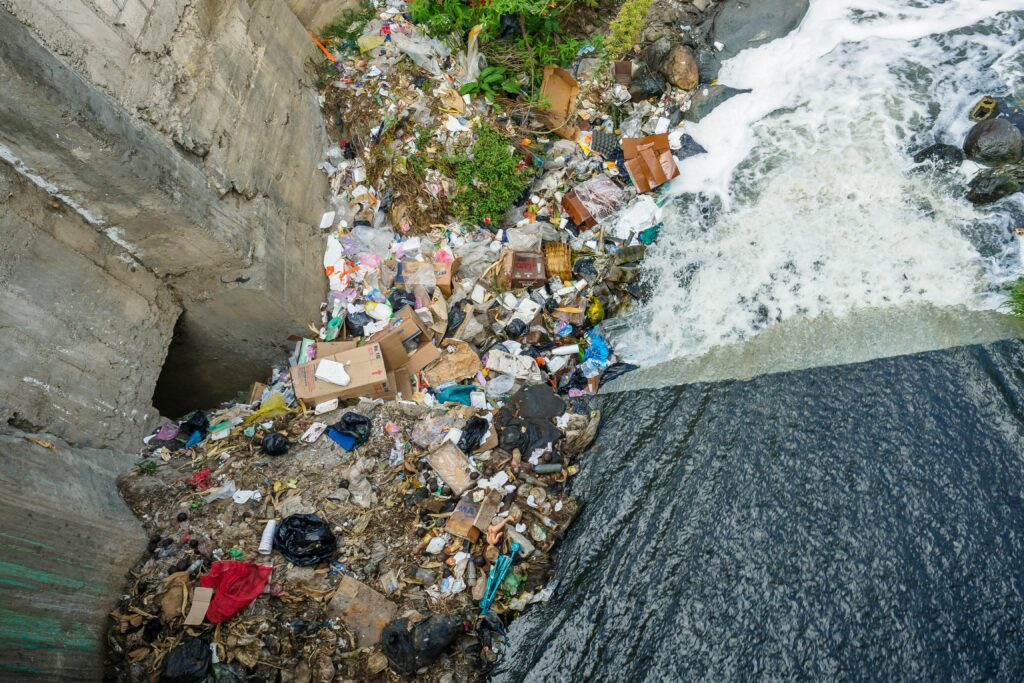As concerns about the environment continue to grow, businesses are facing increasing pressure to operate in an environmentally responsible manner. In the United Kingdom, environmental regulations play a crucial role in safeguarding the natural resources, mitigating pollution, and promoting sustainable practices. Navigating these regulations can be complex, but with a clear understanding of the key requirements and a proactive approach, businesses can ensure compliance while minimising their ecological footprint. This article will provide an overview of important UK environmental regulations and offer practical guidance for businesses seeking to navigate and adhere to them effectively.
Understanding Environmental Permitting
One fundamental aspect of UK environmental regulations is the requirement for environmental permitting. This framework establishes controls on various activities that have the potential to cause environmental harm, such as waste management, industrial emissions, and water discharges. Businesses must identify whether their operations fall under permitting requirements and acquire the necessary permits from the appropriate regulatory authorities. It is vital to comprehend the permitting process, including application procedures, assessment criteria, and ongoing compliance obligations.
 Waste Management and Resource Efficiency
Waste Management and Resource Efficiency
The UK places significant emphasis on waste management and resource efficiency to minimise environmental impacts. Businesses must comply with waste management regulations, which include proper storage, transportation, treatment, and disposal of waste materials. Moreover, implementing measures to reduce waste generation and promote recycling and circular economy practices is highly encouraged. Understanding waste classification, maintaining proper documentation, and engaging in sustainable waste management strategies can ensure compliance in this area.
Air Quality and Emissions Control
Air pollution is a pressing environmental concern, and businesses have a responsibility to limit their contribution to poor air quality. Compliance with emissions control regulations is crucial, particularly for industries that emit pollutants, such as nitrogen oxides, sulphur oxides, particulate matter, and volatile organic compounds. Implementing appropriate monitoring systems, employing pollution control technologies, and regularly assessing emissions can help businesses meet air quality standards and demonstrate their commitment to environmental stewardship.
Water Management and Protection
Water is a valuable resource, and protecting water quality and ensuring sustainable water use are key objectives of UK environmental regulations. Businesses must comply with regulations related to water discharges, abstraction, and water resource management. Implementing efficient water use practices, investing in water treatment technologies, and reducing water pollution through appropriate handling and storage can help businesses navigate the water management regulations effectively.
 Contaminated Land and Remediation
Contaminated Land and Remediation
The UK has robust regulations in place to address contaminated land and promote remediation activities. Businesses involved in land development or operations with a potential for soil or groundwater contamination must be aware of their obligations. This includes conducting appropriate environmental assessments, implementing remediation measures, and adhering to reporting requirements. Collaboration with environmental consultants and engaging in site-specific risk assessments can aid businesses in identifying and managing potential contamination issues.
Compliance Monitoring and Reporting
Compliance with environmental regulations necessitates regular monitoring and reporting of key parameters. Businesses should establish internal monitoring systems to track their environmental performance, maintain accurate records, and submit required reports to regulatory authorities. This proactive approach helps identify potential issues early on and demonstrates a commitment to environmental compliance and improvement.
Complying with UK environmental regulations is essential for businesses aiming to operate sustainably and minimise their ecological impact. By understanding and adhering to environmental permitting requirements, waste management regulations, air and water quality standards, contaminated land regulations, and compliance monitoring obligations, businesses can navigate the regulatory landscape effectively. Engaging with environmental consultants and staying updated on evolving regulations and best practices are invaluable for businesses seeking to proactively address environmental challenges. By integrating environmental responsibility into their operations, businesses can contribute to a greener future while maintaining their competitiveness in the UK market.






